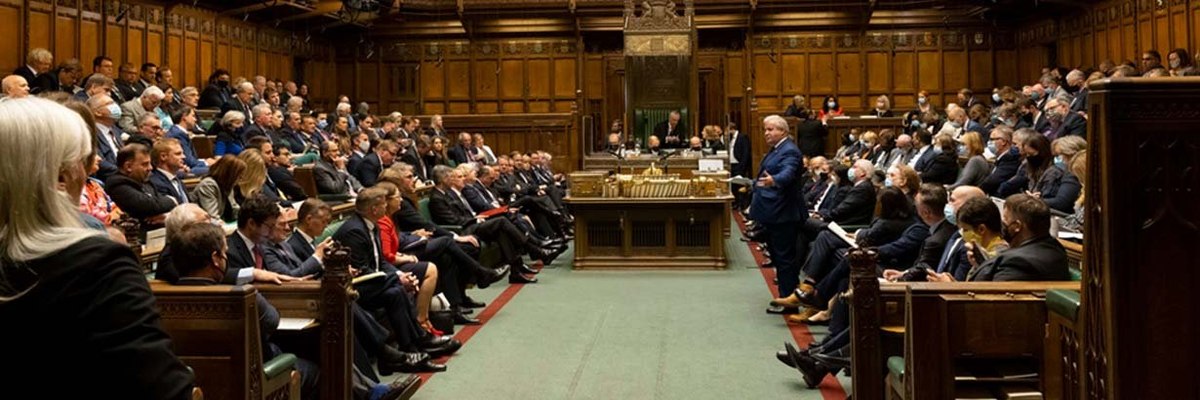People are almost three times more likely to have negative than positive views of Labour MPs abandoning the party for the Conservatives
Since the 2019 general election, there have been three MPs who have defected between parties. The most recent, in January of this year, saw former Conservative MP Christian Wakeford cross the floor and join his new Labour colleagues, having sent a letter of no-confidence in Boris Johnson following the partygate scandal.
Wakeford may not be the last Conservative MP to defect to Labour. As recently as late June there have been reports that at least one Tory from the 2019 intake was in advanced talks with the party about crossing the floor.
So how might the public view such a move? New YouGov research now sheds light on how the public view Labour-to-Conservative defections – as well as those from the Conservatives to Labour – and what constitutes a good reason for such dramatic decisions.
People view Labour defections more negatively than Conservative ones
The public are almost three times more likely to say that a Labour MP leaving the party to join the Conservatives would make them feel more negatively of them (36%) than more positively of them (13%). A further 25% would feel no differently towards them, one way or another.
When it comes to Tory MP defections to Labour, identical proportions of Britons would view the MP more positively (27%) or more negatively (27%) as a result of the transfer. A fifth (21%) say it would make no difference to their opinion of them.
Labour voters are more receptive to Conservative MPs joining the party than Tory voters are about Labour newcomers
While half of 2019 Labour voters (53%) say they would feel more positively about a Conservative MP who crossed the floor to join Labour, just 27% of 2019 Conservative voters would find their feelings improved towards Labour defectors.
That is not to say that Tory voters are negative about defecting Labour MPs – only 19% would take a worse view of them. More would simply not change their views on them either way (29%), while 25% are unsure.
What counts as a good reason to defect to another party?
With the Tory leadership contest currently underway following Boris Johnson’s resignation, the public is largely divided over defections like Wakeford’s that are based on the dissatisfaction of a party leader; around 41% cite it as a good reason for an MP to cross the floor and 38% as a bad reason.
The most popular reasons for justifying MPs defecting are if the party has changed their views significantly resulting in many core policies shifting to a different position (67% say this is a good reason to defect), dissatisfaction with the party as a whole (65%) or if they genuinely change their mind (62%).
That voters seem to be forgiving of MPs who defect because of their party’s inconsistency or incompetence could hold particular significance for wavering MPs in marginal seats, as it may ultimately mean they suffer less of an electoral penalty for switching than for sticking.
Seven in ten Britons say there should be a by-election if an MP defects to another party
Christian Wakeford resisted calls to re-stand for a by-election under his new party banner, but the public disapprove of such decisions. Nearly seven in ten (69%) think there should be a by-election if an MP defects, whilst 13% do not and 18% are unsure.
More 2019 Conservative voters (82%) think this should be the case compared to Labour voters (74%).









